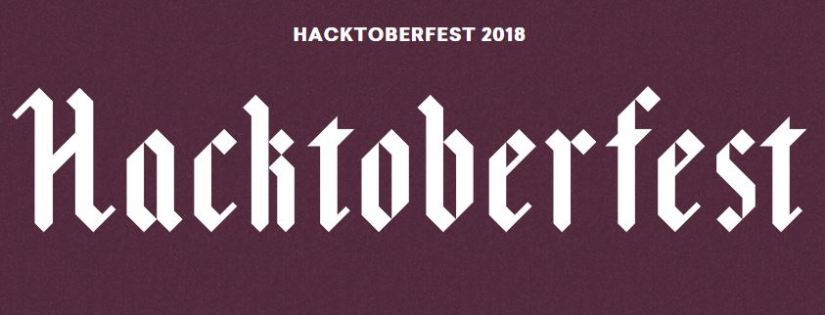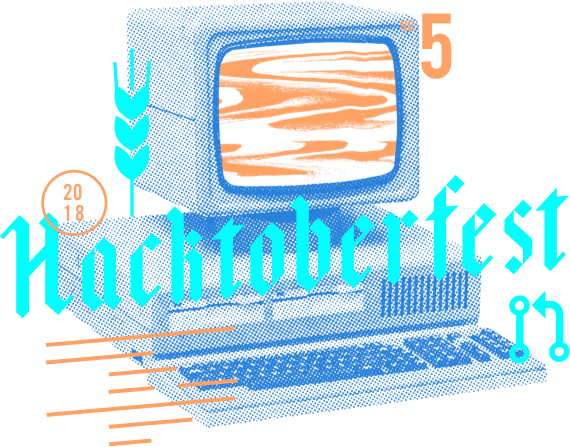
The timing couldn’t be better!
This will be a great opportunity for everyone to get involved and become more comfortable with open source development! This month I am aiming to contribute at least 5 meaningful pull requests to any open source project out there.
Admittedly, I was quite intimidated searching for my first issue to fix. A lot of existing issues seem way too complicated for me to understand and as a result, made me less confident in my abilities. That’s why I decided to start out small and picked a language I was most familiar in: HTML / JavaScript
I stumbled upon this beginner friendly project and was excited to get started! This project is meant to serve as an introduction for many into Hacktoberfest and has many existing contributors. The creators have made a website containing basic information about Hacktoberfest and open source development. They are actively encouraging anyone to join in and improve the website in any way whatsoever and have done a great job at making the community fun and engaging. This is great since it was very open ended as to what we could do and countless features and gimmicks have already been added to the site! I decided to add an additional Easter Egg to the site and hopefully it will get implemented soon (see here).
There was one negative thing I noticed with a project like this: too much freedom can cause a lot of disorder in development. There were a few rules set in place for contributors of this project, the main one being that the page has to load properly. I believe a bot was also implemented to automatically approve pull requests so long as it follows that rule and that resulted in some duplication in code. Some elements were added twice, probably due to a mistake from some other contributors, but since this duplication didn’t break the html code, it was still merged in. Luckily this also means that others can jump in and fix this problem, albeit it could have been avoided in the first place.
All in all, this was a great start to Hacktoberfest and I hope that I’m able to slowly start tackling more advanced issues throughout this month!
Happy hacking!

